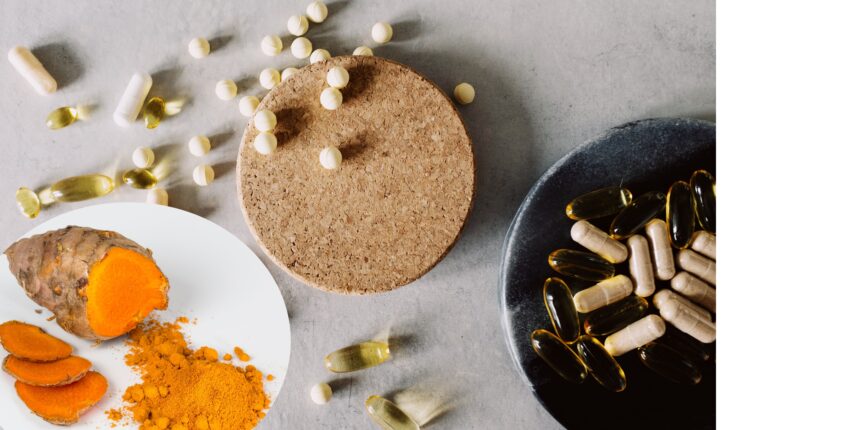Herbal medicines have been used for centuries to treat a wide range of health conditions. However, it is important to be aware of potential interactions between herbal medicines and other medications, including antibiotics.
Can I Take Herbal Medicine with Antibiotics?
The answer is yes, but it is important to be aware of potential interactions. Some herbal medicines can interfere with the effectiveness of antibiotics, while others can increase the risk of side effects.
Herbal Medicines That Can Interfere with Antibiotics:
- Garlic: Garlic can interfere with the effectiveness of antibiotics that are used to treat infections caused by bacteria.
- Ginkgo biloba: Ginkgo biloba can increase the risk of bleeding when taken with antibiotics that are used to prevent blood clots.
- St. John’s wort: St. John’s wort can decrease the effectiveness of antibiotics that are used to treat depression.
How to Avoid Interactions:
- Talk to your doctor: Before taking any herbal medicines, talk to your doctor to discuss potential interactions with antibiotics.
- Take herbal medicines at different times: If you are taking antibiotics, take herbal medicines at least two hours before or after taking the antibiotics.
- Avoid taking herbal medicines that are known to interact with antibiotics: If you are taking antibiotics, avoid taking herbal medicines that are known to interact with antibiotics.
Specific Herbs to Avoid with Antibiotics:
- St. John’s wort: Can decrease the effectiveness of antibiotics like erythromycin and clarithromycin.
- Licorice: Can increase potassium levels and interact with antibiotics like erythromycin and tetracycline.
- Garlic: Can increase the risk of bleeding when taken with antibiotics like warfarin.
- Grapefruit: Can interact with antibiotics like erythromycin and azithromycin, increasing their blood levels and potential side effects.
- Dandelion: Can increase the excretion of antibiotics like penicillin and amoxicillin.
- Uva ursi: Can increase the excretion of antibiotics like nitrofurantoin.
Potential Interactions Between Herbal Medicines and Antibiotics
Some herbal medicines can interact with antibiotics, affecting their effectiveness or increasing the risk of side effects. Here are some specific examples:
- Garlic: Garlic can interfere with the effectiveness of antibiotics that are used to treat infections caused by bacteria. This is because garlic contains a compound called allicin, which can inhibit the growth of bacteria. However, allicin can also interfere with the absorption of antibiotics, making them less effective.
- Ginkgo biloba: Ginkgo biloba can increase the risk of bleeding when taken with antibiotics that are used to prevent blood clots. This is because ginkgo biloba contains compounds that can thin the blood.
- St. John’s wort: St. John’s wort can decrease the effectiveness of antibiotics that are used to treat depression. This is because St. John’s wort contains compounds that can induce enzymes that metabolize drugs, including antibiotics.
- Echinacea: Echinacea can increase the risk of side effects from antibiotics that are used to treat infections caused by bacteria. This is because echinacea can stimulate the immune system, which can lead to increased inflammation and side effects.
- Ginger: Ginger can increase the risk of nausea and vomiting when taken with antibiotics that are used to treat infections caused by bacteria. This is because ginger can irritate the stomach and intestines.
- Peppermint: Peppermint can increase the risk of heartburn and indigestion when taken with antibiotics that are used to treat infections caused by bacteria. This is because peppermint can relax the muscles in the stomach and intestines, which can allow stomach acid to flow back into the esophagus.
Conclusion:
While it’s possible to take herbal medicine with antibiotics, it’s crucial to consult with your doctor first to assess potential interactions. By following safe use guidelines and choosing non-interacting herbs, you can minimize the risk of adverse effects and ensure the effectiveness of your antibiotic treatment.




